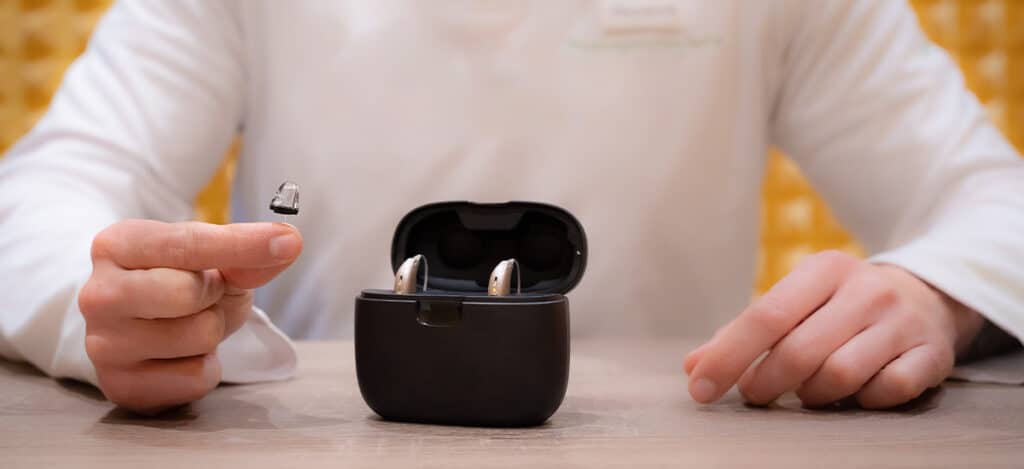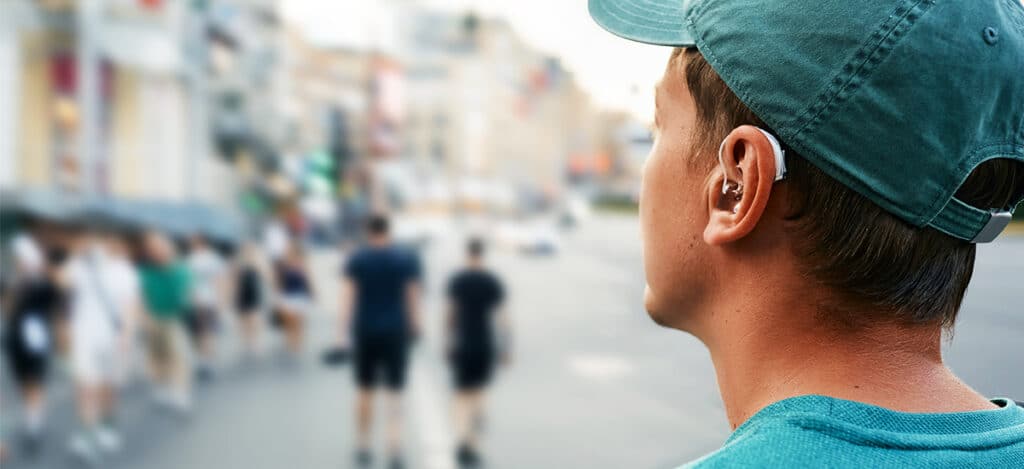Understanding the Impact of Noise Pollution on Hearing Health
Noise pollution is a growing concern that can significantly impact hearing health. Prolonged exposure to loud environments, such as urban areas or workplaces with heavy machinery, can lead to irreversible hearing loss over time.
Research indicates that even moderate noise exposure can contribute to auditory damage. For instance, individuals regularly exposed to sounds above 85 decibels, such as traffic or music concerts, are at an increased risk of developing hearing issues. Implementing protective measures, like earplugs and soundproofing, can help mitigate these risks.
Innovations in Hearing Aid Technology: What’s New?
The field of hearing aids is constantly evolving, with new technologies being developed to enhance user experience and sound quality. Innovations such as Bluetooth connectivity, rechargeable batteries, and advanced noise-cancellation features are making hearing aids more user-friendly and effective.
For example, modern hearing aids can now connect directly to smartphones, allowing users to stream music and phone calls. Furthermore, advancements in artificial intelligence are enabling hearing devices to automatically adjust settings based on the user's environment, providing a seamless listening experience.
The Importance of Regular Hearing Evaluations
Regular hearing evaluations are essential for maintaining optimal hearing health. These assessments can help detect early signs of hearing loss, allowing for timely intervention and management of hearing-related issues.
Healthcare professionals recommend that adults undergo hearing tests at least once every decade until age 50, and then every three years thereafter. Early detection can lead to better outcomes, as it enables individuals to explore treatment options, including hearing aids or lifestyle changes, before significant hearing loss occurs.
Tips for Choosing the Right Hearing Aid for Your Lifestyle
Selecting the appropriate hearing aid can be a daunting task given the variety of options available. It's crucial to consider factors such as lifestyle, level of hearing loss, and personal preferences when making a choice.
For instance, active individuals may benefit from hearing aids designed for durability and moisture resistance, while those who prioritize discretion might prefer smaller, nearly invisible models. Consulting with an audiologist can provide personalized recommendations to ensure the best fit for one's unique hearing needs.











